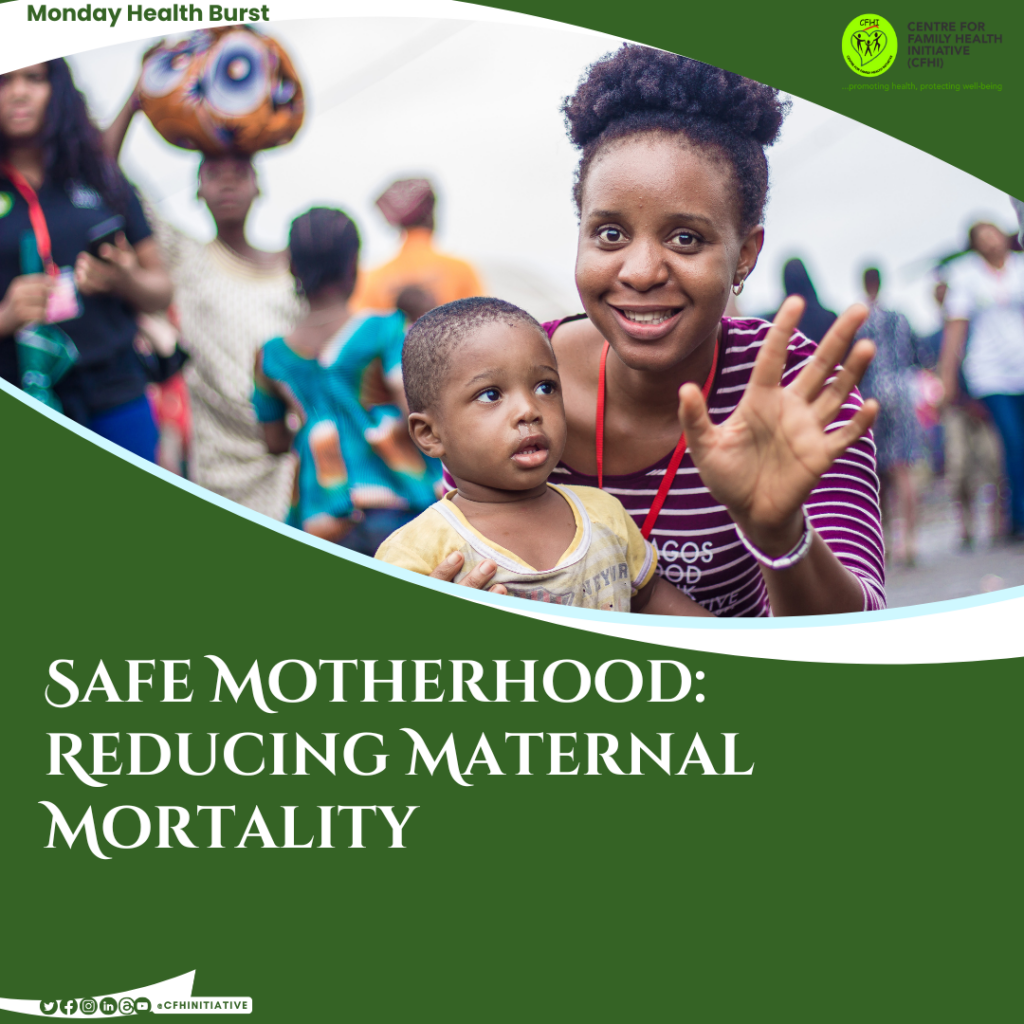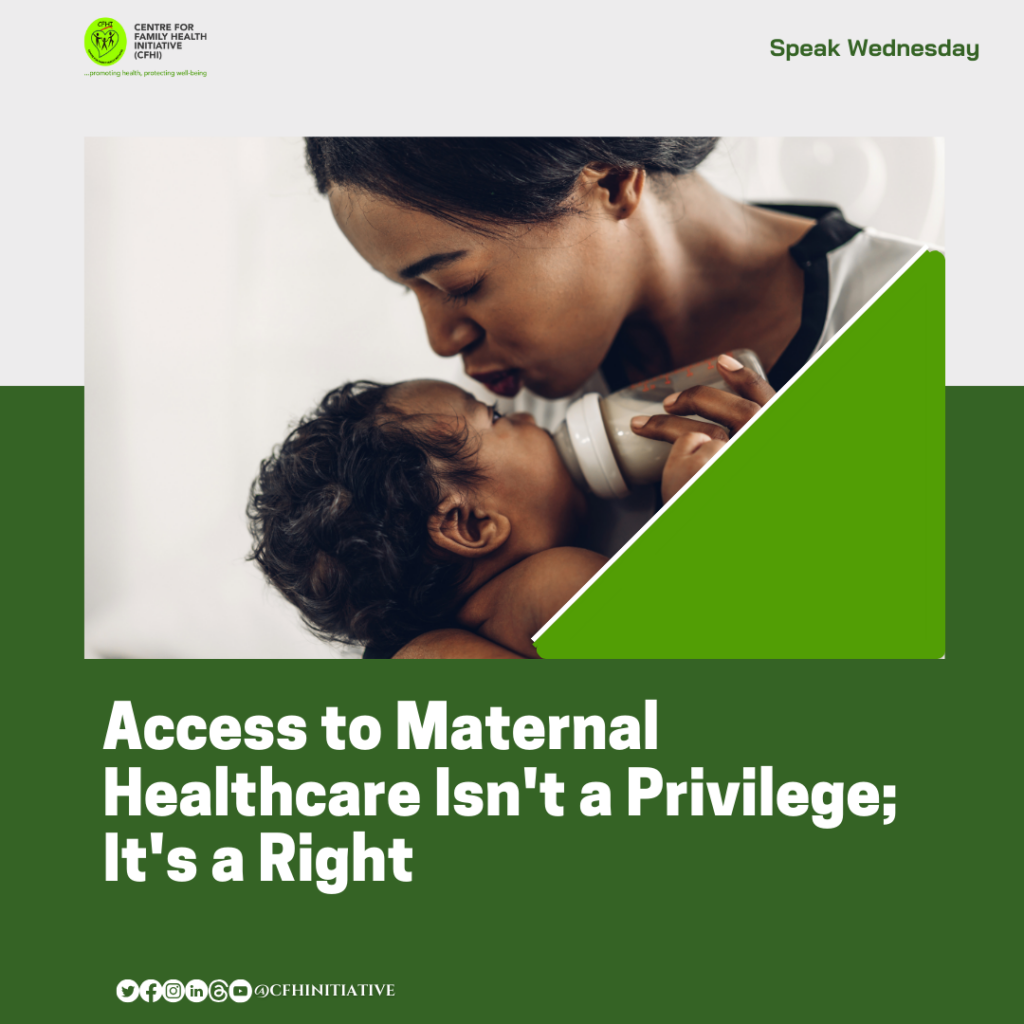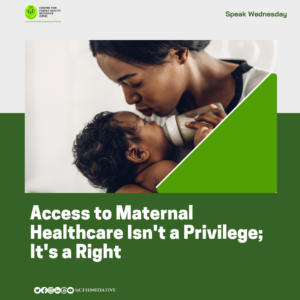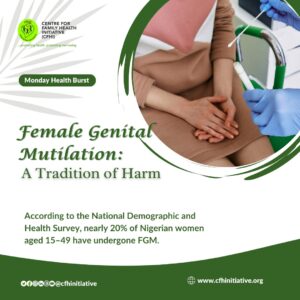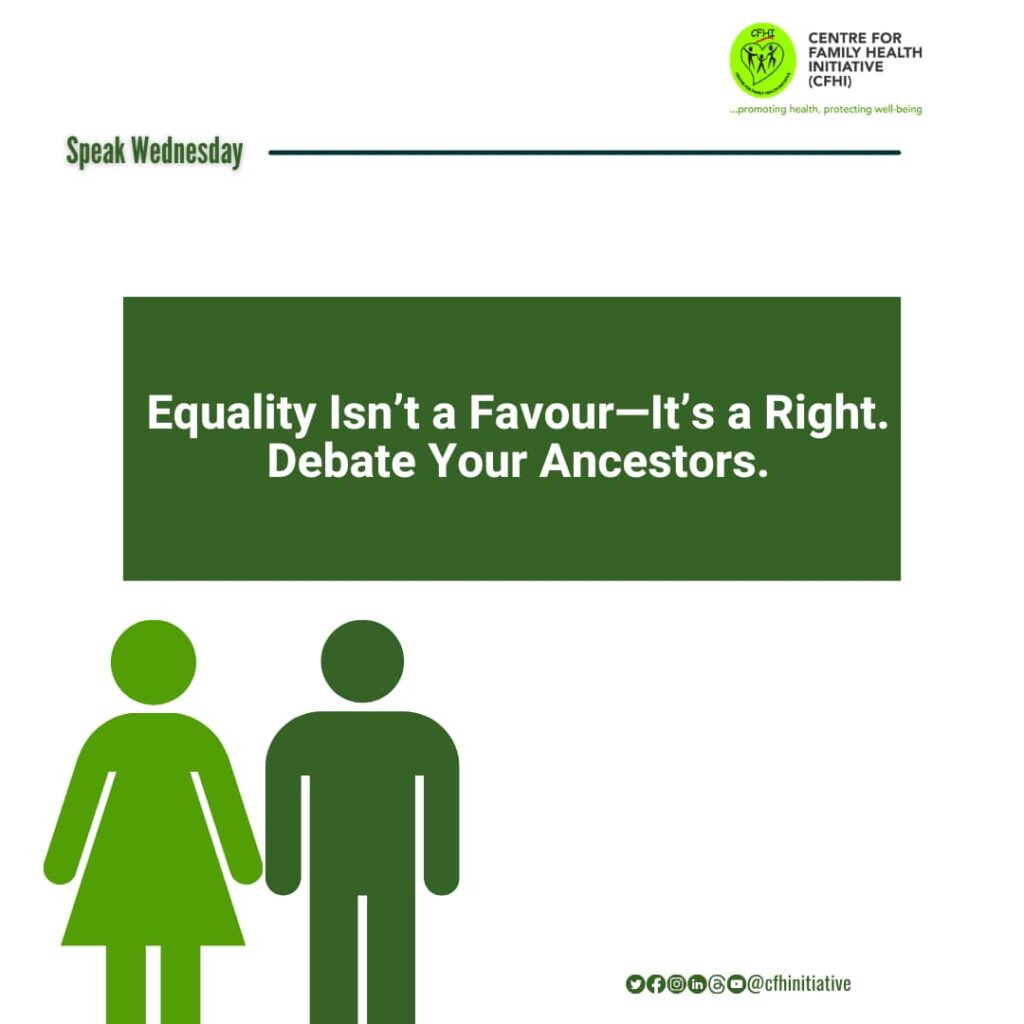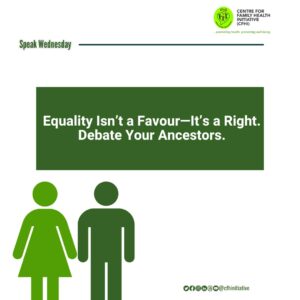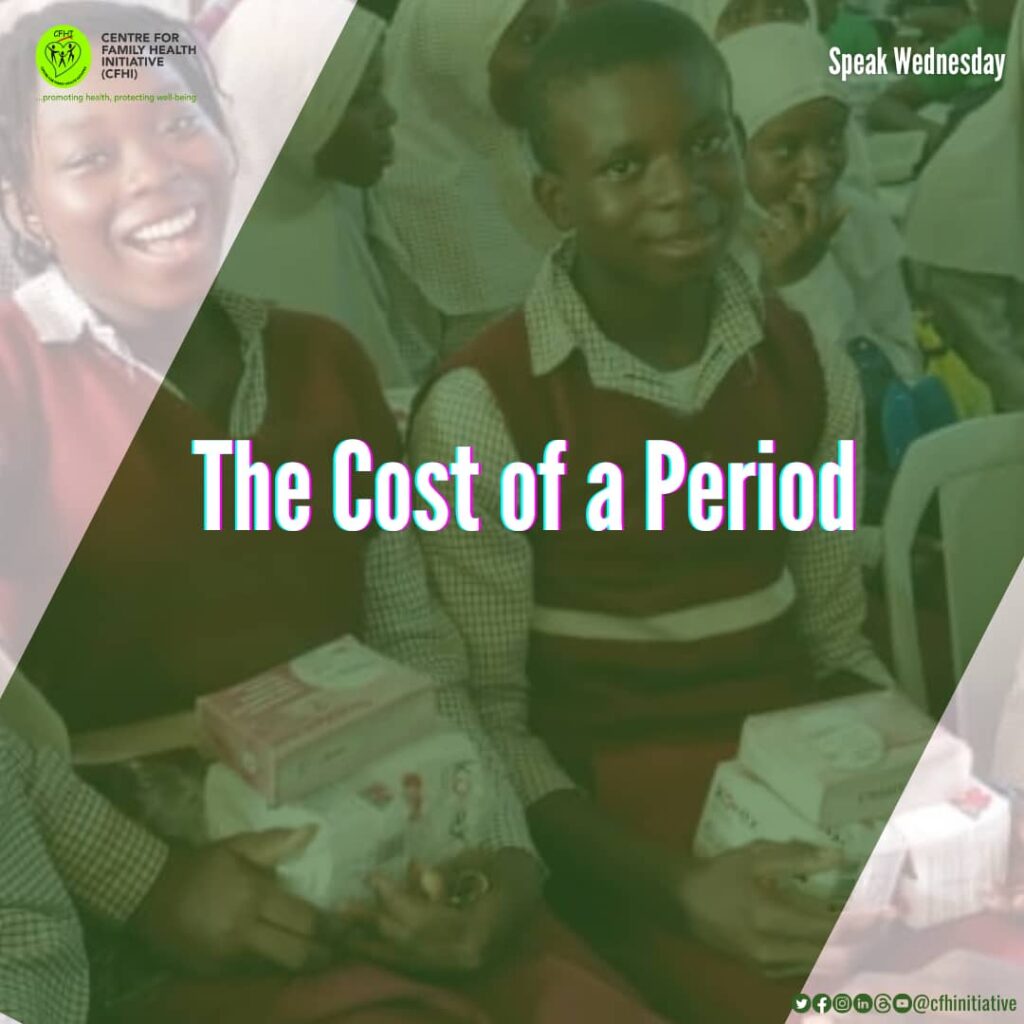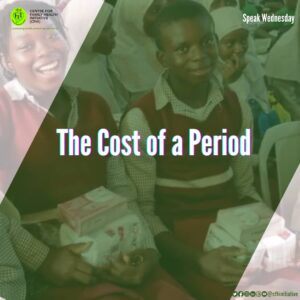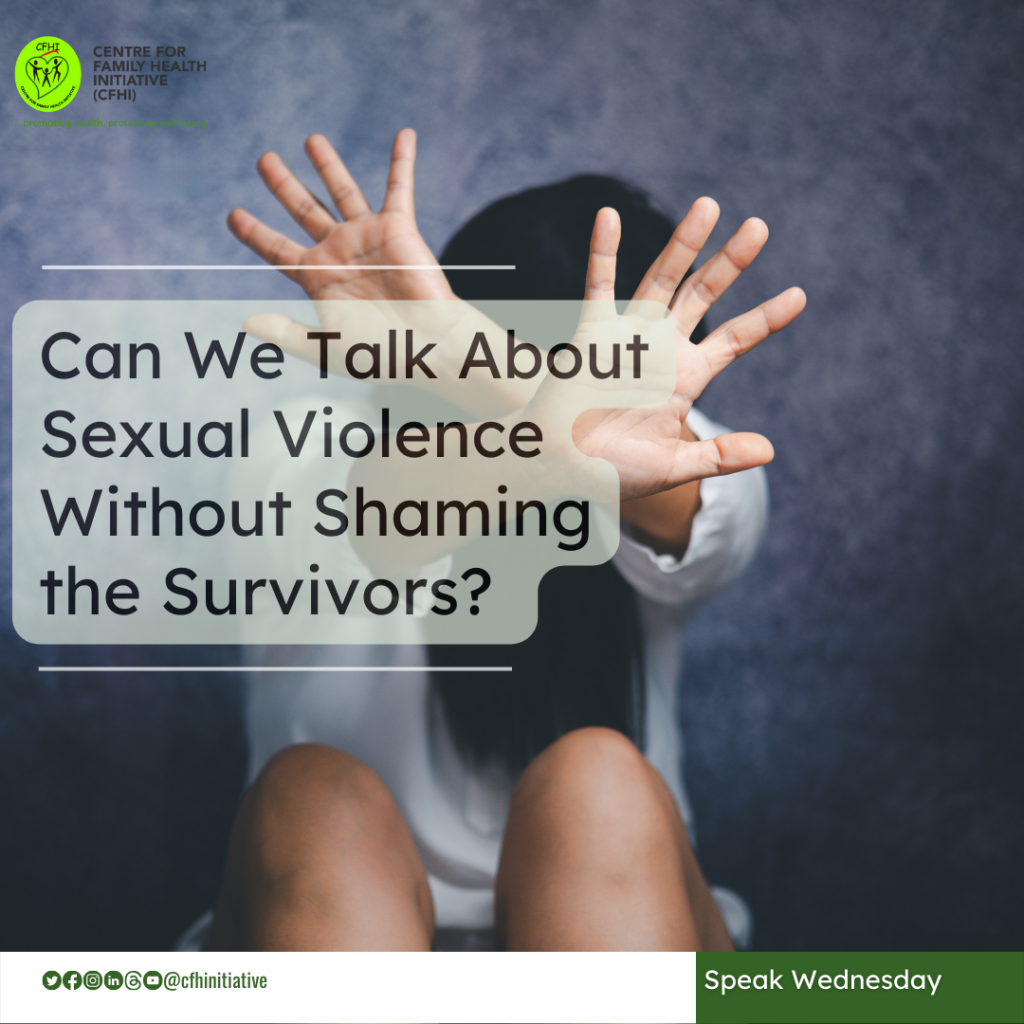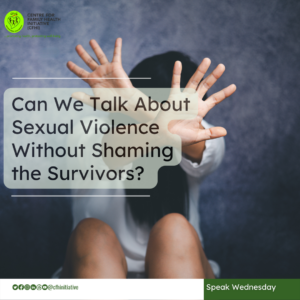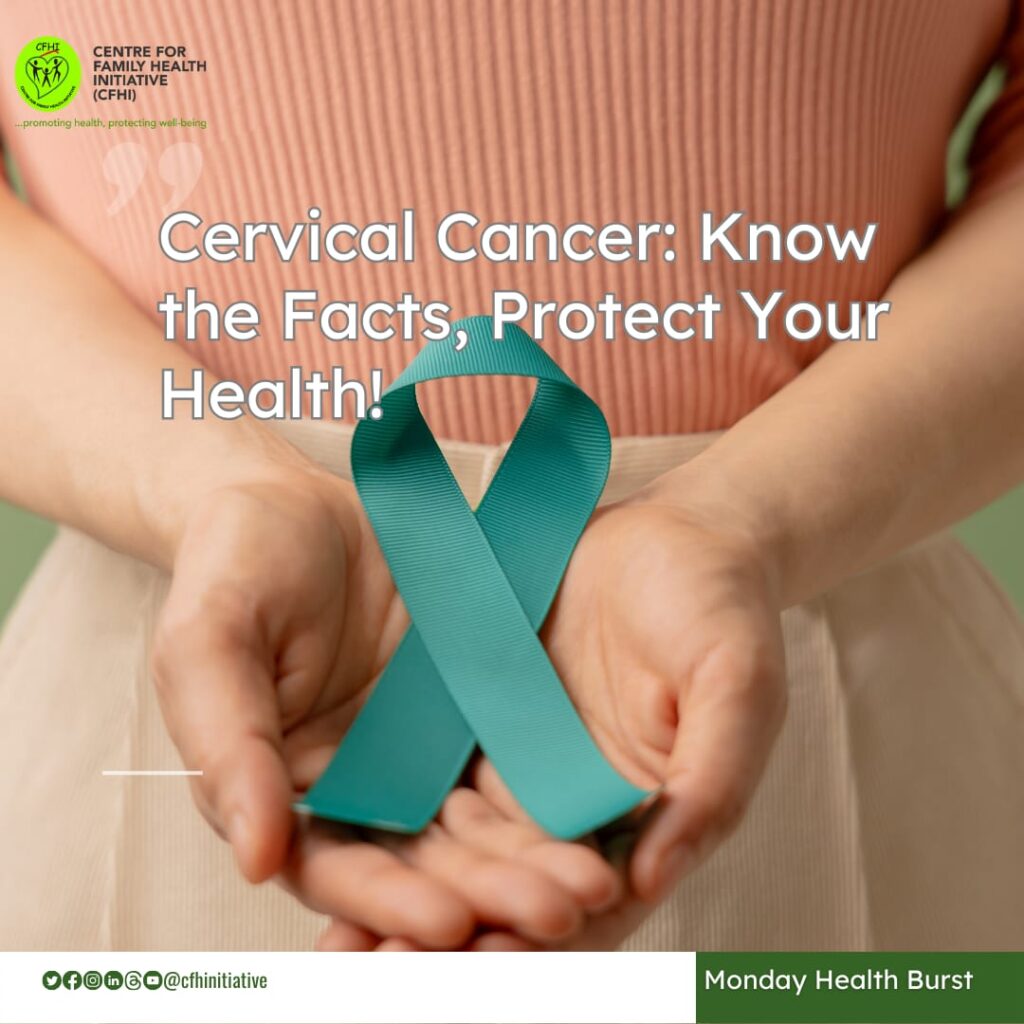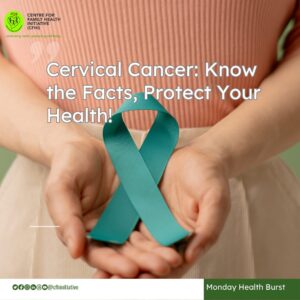MONDAY HEALTH BURST ON SAFE MOTHERHOOD: REDUCING MATERNAL MORTALITY
Motherhood should be a time of joy and anticipation—not fear. Yet, for many women around the world, pregnancy and childbirth still come with life-threatening risks. Every day, about 800 women lose their lives to preventable complications related to pregnancy and childbirth. These aren’t just numbers—they are mothers, daughters, sisters, and friends.
Safe motherhood means ensuring that every woman has access to the care and support she needs before, during, and after pregnancy. It’s about more than survival; it’s about dignity, respect, and the right to health.
According to the World Health Organization (WHO), approximately 287,000 women die each year due to complications related to pregnancy and childbirth—most of which are preventable. The leading causes include severe bleeding, high blood pressure (pre-eclampsia and eclampsia), pregnancy-related infections, unsafe abortion, and underlying health conditions like HIV/AIDS and malaria, which can be aggravated by pregnancy (WHO, 2024).
The solution lies in timely access to quality healthcare, skilled birth attendants, emergency obstetric services, and continued care after childbirth. But reducing maternal deaths also requires addressing deeper systemic issues: poverty, gender inequality, lack of education, and underfunded health systems.
As part of its unwavering commitment to safe motherhood, the Centre for Family Health Initiative (CFHI) has championed impactful community-based interventions aimed at improving maternal health outcomes. In 2022, CFHI led a maternal health outreach in Lugbe, Abuja, providing pregnant women with free antenatal check-ups, comprehensive health education on birth preparedness, and essential hygiene kits to promote safe and healthy deliveries.
By working directly with communities, healthcare providers, and local leaders, CFHI continues to support the national effort to reduce maternal mortality and ensure that no woman dies while giving life.
When women are empowered to make informed choices, when health systems are strengthened, and when communities rally around mothers, we save lives.
Reducing maternal mortality is not just a health goal—it’s a moral and social responsibility. A nation that safeguards its mothers invests in its future.
Let’s stand together for safe motherhood—because every woman deserves to survive childbirth and thrive in motherhood.
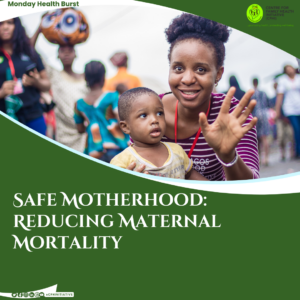
MONDAY HEALTH BURST ON SAFE MOTHERHOOD: REDUCING MATERNAL MORTALITY Read More »

